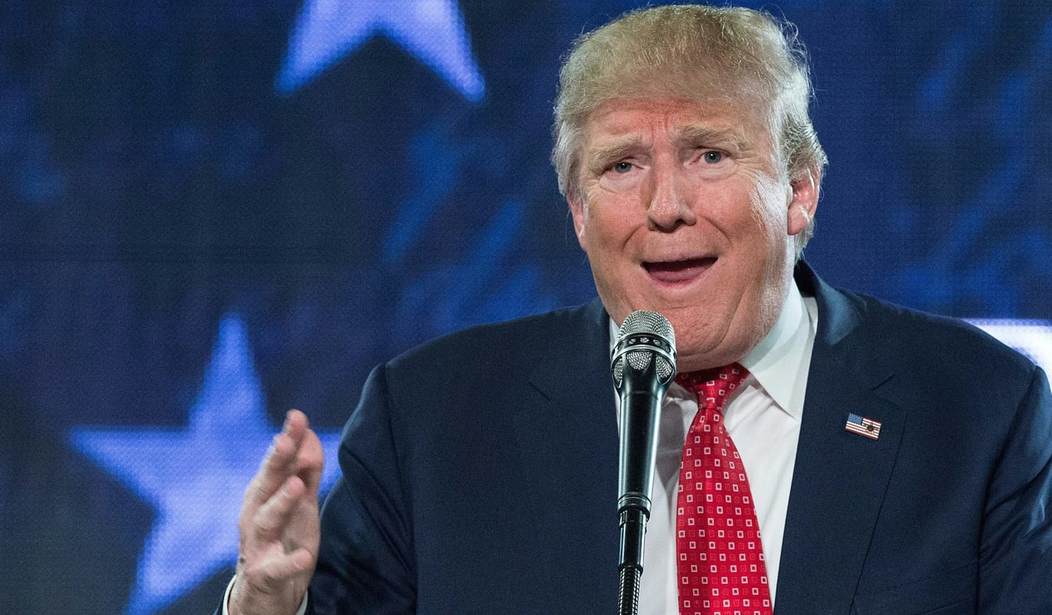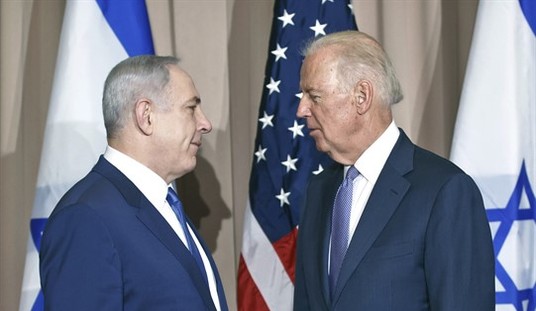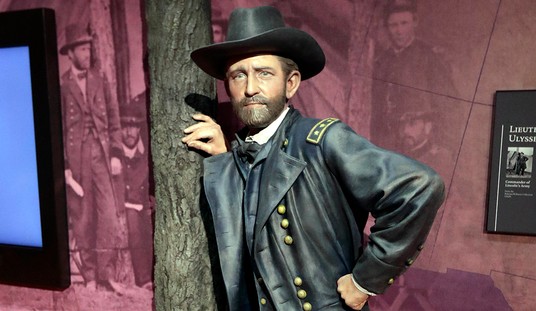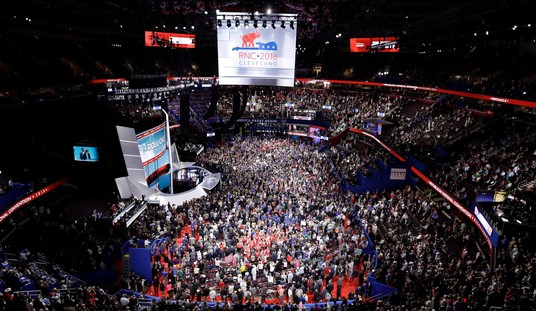Now that Donald Trump really is the presumptive Republican nominee, it seems appropriate to revisit that brilliant, monitory chapter “Why the Worst Get on Top” from Hayek’s masterpiece The Road to Serfdom.
The most amazing thing about the Trump phenomenon is not that he is a presumptive nominee, but that he is the presumptive Republican nominee. The GOP has always been, at least in theory, the party that favored limited government, low taxes, individual liberty, free trade, and respect for the traditional morality.
Donald Trump is a corrupt crony capitalist who throughout his career has supported the whole menu of “progressive” causes. Ideologically, he is much closer to the Democratic side of the aisle than to the Republican side. Indeed, as an editorial in The Spectator notes, his views on foreign policy and the economy represent a fundamental repudiation of Reagan conservatism. Take free trade. “The notion of international competition frightens him,” The Speccie writes:
To Trump, free trade is a system where “companies just think that they can move, go to another country, make their products, sell it back to us and we get only one thing: unemployment.” Jeremy Corbyn would have said the same thing, if he had the courage. Trump, like so many on the left, wants to build a wall around America not just to keep immigrants out but keep its companies in.
All this is true. But how did it happen? How did it happen that a man of Trump’s views collared the Republican nomination? His huge media free ride is certainly part of the story, as is the smoldering discontent among the electorate. As I’ve had occasion to observe in this space before, the great irony is that Donald Trump represents not an alternative to that establishment but rather an ostentatious extension of it. His relation with his golf partner and “texting buddy” John Boehner is just one sign of that.
For many of us, what is most troubling about Donald Trump is not his particular views or policies — much though we might disagree with them — but rather the aroma of populist demagoguery and menace that surrounds him. Take a look at the clips of his rallies: What do we want? he shouts. “A Wall,” screams the crowd. Who’s going to pay for it? “Mexico.” Time warp: Is this the 1930s? It’s a sensation that is heightened when Trump suggests that his fans “beat the crap out of” protestors — and don’t worry, he’ll pay for their legal expenses.
It is in this context, the context of newly resurgent demagoguery, that I thought of Hayek’s analysis of “Why the Worst Get on Top.” His subject is how democratic principles succumb to totalitarian impulses. There is a common assumption, he notes, that the toxic nature of the totalitarian regimes of the last century were due to the fact that they were established by “blackguards and thugs.” What if such systems were run by nice people, Colonel Sanders instead of Colonel Gaddafi? Hayek suggests that that wouldn’t much matter. “There are strong reasons,” he writes, “for believing that what to us appear the worst features of the existing totalitarian systems are not accidental by-products, but phenomena which totalitarianism is certain sooner or later to produce”:
Just as the democratic statesman who sets out to plan economic life will soon be confronted with the alternative of either assuming dictatorial powers or abandoning his plans, so the totalitarian dictator would soon have to choose between disregard of ordinary morals and failure. It is for this reason that the unscrupulous and uninhibited are likely to be more successful in a society tending towards totalitarianism.
It is the possibility that we are living through such a tendency, embodied in the spirit of a character like Donald Trump, that gives anti-Trumpers such pause. Hayek describes “the position which precedes the suppression of democratic institutions and the creation of a totalitarian regime”:
In this stage it is the general demand for quick and determined government action that is the dominating element in the situation, dissatisfaction with the slow and cumbersome course of democratic procedure which makes action for action’s sake the goal. It is then the man or the party who seems strong and resolute enough “to get things done” who exercises the greatest appeal …
[I]t is the ineffectiveness of parliamentary majorities with which people are dissatisfied. What they will seek is somebody with such solid support as to inspire confidence that he can carry out whatever he wants. It is here that the new type of party, organized on military lines, comes in.
Hayek goes on to adduce three main reasons that the worst, not the best, rise to the top in such a situation:
1. Education: “In general the higher the education and intelligence of individuals becomes, the more their views and tastes are differentiated and the less likely they are to agree on a particular hierarchy of values. It is a corollary of this that if we wish to find a high degree of uniformity and similarity of outlook, we have to descend to the regions of lower moral and intellectual standards where the more primitive and ‘common’ instincts and tastes prevail.”
2. Gullibility: Strong leaders need “docile and gullible” followers “who have no strong convictions of their own but are prepared to accept a ready-made system of values if it is only drummed into their ears sufficiently loudly and frequently. It will be those whose vague and imperfectly formed ideas are easily swayed and whose passions and emotions are readily aroused who will thus swell the ranks of the totalitarian party.”
3. Scapegoats: Perhaps the most important element is a virulent Us/Them attitude towards the world. “It seems to be almost a law of human nature,” Hayek writes, “that it is easier for people to agree on a negative program, on the hatred of an enemy, on the envy of those better off, than on any positive task. The contrast between the ‘we’ and the ‘they,’ the common fight against those outside the group, seems to be an essential ingredient in any creed which will solidly knit together a group for common action. It is consequently always employed by those who seek, not merely support of a policy, but the unreserved allegiance of huge masses.”
Hayek further notes “the universal tendency of collectivist policy to become nationalistic,” which helps explain why Donald Trump’s minatory “Make America Great Again” sloganeering struck such a powerful chord among the disaffected who flocked to his corner. What Hayek calls “the competitive system” — what we, following Marx, call “capitalism” — is the only social-economic system yet devised that successfully decentralizes power and minimizes the exercise of coercion by man over man. Donald Trump loudly rejects that system in favor of a species of tribal nationalism. There are plenty of other examples in history of ruling cadres successfully submerging the patient procedures of republican rule to the diktats of arbitrary control. The results have ranged from the unsatisfactory to the horrific.








Join the conversation as a VIP Member